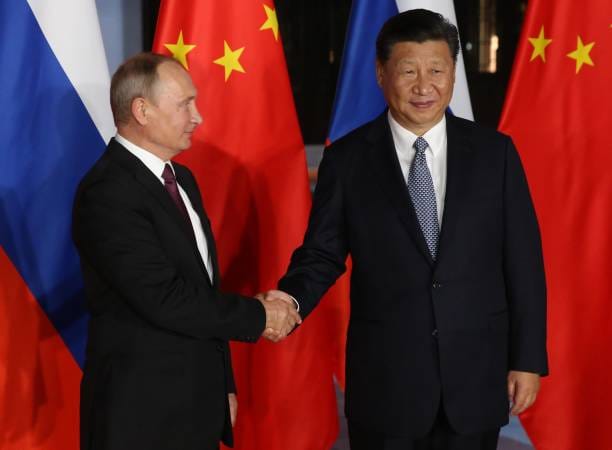Allies Question Israel's War Strategy: A Shift in Global Stance?

As the conflict in Gaza intensifies, Israel finds itself under increasing scrutiny from its traditional allies. Concerns over the conduct and legality of its war strategy have surfaced, leading to a growing unease among nations that have long stood by Israel's side.
The United States, historically Israel's staunch defender, has shown signs of reevaluating its position. In a recent UN vote, the US refrained from using its veto power against a ceasefire resolution, despite the resolution's lack of condemnation for the initial Hamas attacks that triggered the conflict. This marked a significant shift from previous US stances and signaled a possible change in the dynamics of international support for Israel.
Moreover, a Gallup poll indicates a shift in American public opinion, with a majority now opposing Israel's actions in Gaza. This domestic pressure may influence the US government's foreign policy decisions moving forward.
In Europe, Germany and the UK have expressed their concerns more openly. German Foreign Minister Annalena Baerbock has called for Israel to adhere to its obligations under the Geneva conventions, while the UK's foreign secretary, David Cameron, has criticized Israel's blockade of aid into Gaza.
These developments suggest a potential realignment of international relations regarding the Israel-Gaza conflict. With the death toll rising and a humanitarian crisis looming, the world's patience with the ongoing war seems to be wearing thin. The question now is whether this shift will lead to a tangible change in the course of the conflict or if it will merely add to the chorus of voices calling for peace.



